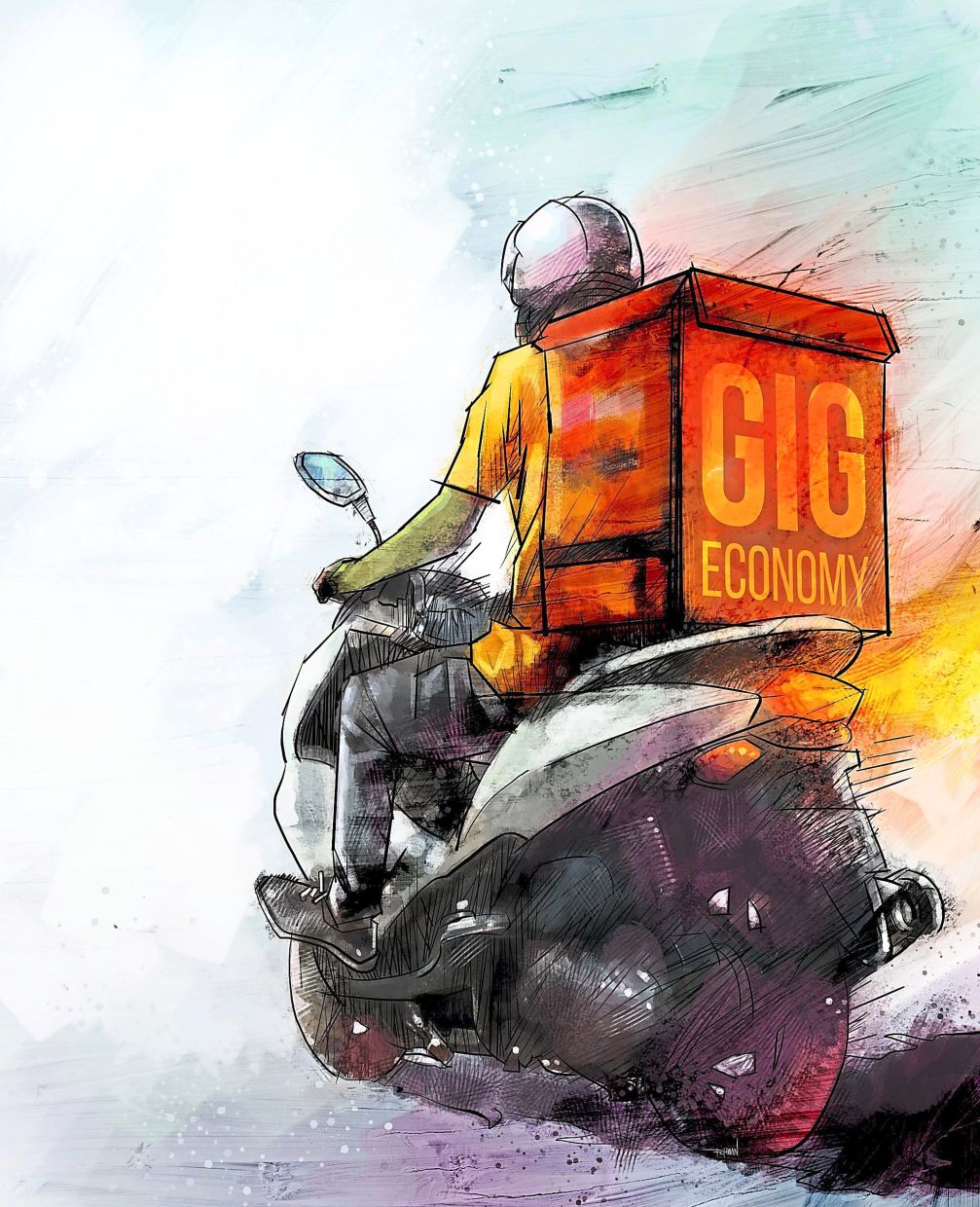Not that long ago, the goal of achieving a tertiary qualification was fuelled by the overwhelming belief that a good education was the only way to secure a well-paying job with long-term financial stability.
Today, there seems to be the general perception that young people are shifting away from direct enrolment into traditional education programmes after high school examinations such as the Sijil Pelajaran Malaysia (SPM), choosing instead to leverage the entrepreneurial opportunities brought about by technology, especially the gig economy and content creation.
While university enrolments remain steady, it is widely reported that youths are shunning tertiary education mainly due to financial challenges, with many of them starting full-time employment after completing their SPM and leaving school.
Financial reasons aside, it must be acknowledged that the opportunities available to school-leavers are infinitely more attractive these days.
In the past, choices were largely limited to the manufacturing sector, while today’s thriving gig economy is the top choice for many, offering flexibility and, in some cases, more income than a full-time job.
What then is the optimal path forward for our school-leavers, which addresses their immediate needs and interests without sacrificing their future prospects?
Education in transition
The way we teach has always changed with the times. We have come a long way from formal textbook learning that relies heavily on theory.
Teaching formats and content are now more flexible and diverse, with greater emphasis on principles like ethics and sustainability, and soft skills through project-based assignments, industry apprenticeships and community learning that broaden student experiences and networks.
As educators, our goal extends far beyond producing an individual who is merely well-educated. Instead, we endeavour to guide, train, enlighten and uplift our young people to become well-rounded, productive and responsible global citizens.
Of course, the path to this goal can vary. A university education is not the only avenue to acquire these competencies.
There are many successful individuals who did not benefit from having a formal tertiary education but instead absorbed learning through informal means.
They achieved what many aspire to by constantly honing their abilities and having a strong drive and determination to excel.
This is certainly appealing to many young people who are digitally savvy, independent and entrepreneurial, and thus favour jobs that allow them to set their own schedules, pursue multiple interests and navigate through a rapidly changing job market on their own terms.
The issue here is not about tertiary education, but about equipping oneself with the essential skills to face challenges and to adapt to the rapidly changing world, regardless of whether it involves a tertiary education or informal ad hoc learning.
With that in mind, I would stress the importance of having a clear goal, with a growth mindset that embraces continuous learning. Qualities like adaptability and the ability to unlearn and relearn, coupled with a positive attitude which accepts failures as opportunities to grow, can make all the difference between success and disappointment.
For those who are blessed with the resources to support a tertiary education, the qualification gained offers much more than just credentials.
The syllabus for the diploma or degree earned is tailored to one’s chosen career path and the learning experience includes built-in opportunities to develop relationships and build networks, and to learn from them.
These human connections are important to build interpersonal skills, generate ideas and inspire collaboration on shared interests, and its value cannot be ignored, especially in light of how quickly artificial intelligence (AI) is evolving.
Educational institutions also need to continue to adapt to changing times with more flexible learning models, incorporating soft skills like innovation and problem-solving, and celebrating the shared, real-world knowledge that comes from communities and industry professionals alike.While a tertiary education cannot teach everything, it does provide the right environment for learning, in both formal and informal ways. Most importantly, attitude makes a world of difference as the opportunity to interact with peers and industry professionals cannot be engineered.
Rather, it will depend on the individual’s willingness to learn, grow and make the most of his or her experience and the resources available.
Prof Er Hui Meng is the pro vice-chancellor (Education) and director of the award-winning International Medical University Centre of Education. She is passionate about curriculum design and outcome-based education to ensure graduate quality. The views expressed here are the writer’s own.







